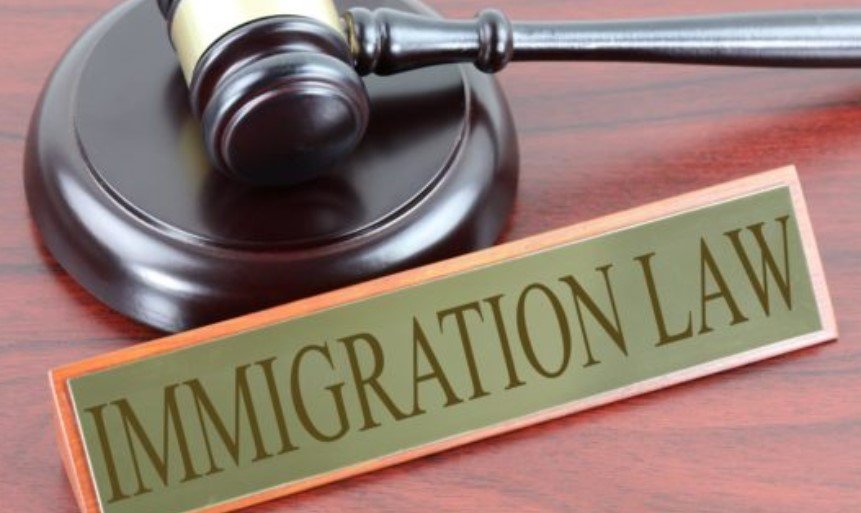The U.S. Citizenship and Immigration Services (USCIS) has announced a new fee structure and rule changes for various immigration applications and petitions, including the H-1B visa program, which is popular among Indian IT professionals. The new fees and rules will take effect from April 1, 2024, and will make it more expensive and difficult for foreign workers to obtain the coveted work visas.

H-1B registration fee jumps by 2050%
One of the most significant changes is the increase in the H-1B registration fee, which is required for employers to enter the annual lottery for the H-1B visas. The fee will surge by 2050%, from $10 to $215, making it one of the highest registration fees in the world for a work visa.
The USCIS said that the fee hike is necessary to recover the costs of administering the H-1B program, which includes processing, adjudicating, and verifying the applications and petitions. The USCIS also said that the fee increase will deter frivolous or fraudulent registrations, and ensure that only bona fide employers and workers participate in the program.
However, the fee increase has been criticized by many stakeholders, who argue that it will create a financial burden for small and medium-sized businesses, and discourage innovation and diversity in the U.S. labor market. They also claim that the fee hike is disproportionate and unjustified, and that it will not improve the efficiency or integrity of the H-1B program.
H-1B petition fee rises by 70%
Another change that will affect the H-1B visa seekers is the rise in the H-1B petition fee, which is paid by the employers after they win the lottery and file the petition for the selected workers. The fee will rise by 70%, from $460 to $780, adding to the already high costs of sponsoring an H-1B worker.
The USCIS said that the fee increase is based on the inflation adjustment and the complexity of the H-1B petitions, which require more resources and oversight from the agency. The USCIS also said that the fee increase will help the agency to improve its services and reduce its backlog of pending cases.
However, the fee increase has also been met with opposition, as many employers and workers feel that it will make the H-1B visa program less accessible and affordable, and that it will hamper the U.S. economy’s competitiveness and growth. They also contend that the fee increase is arbitrary and excessive, and that it will not enhance the quality or timeliness of the H-1B petitions.
H-1B rule changes add more hurdles
In addition to the fee increases, the USCIS has also announced some rule changes for the H-1B visa program, which will make it more challenging for the employers and workers to obtain the visas. Some of the rule changes are:
- The USCIS will revise the definition of “specialty occupation” to require a direct link between the degree and the job duties, and to limit the use of general degrees or combinations of degrees.
- The USCIS will revise the definition of “employer-employee relationship” to require more evidence of the employer’s control and supervision over the worker, and to limit the use of third-party worksites or contractors.
- The USCIS will revise the wage level system to prioritize the highest-paid workers, and to align the wages with the prevailing market rates.
- The USCIS will revise the lottery system to eliminate the random selection, and to use a ranking system based on the wage level, the degree level, and the employer’s size and industry.
The USCIS said that the rule changes are aimed at protecting the U.S. workers and wages, and ensuring that the H-1B visas are awarded to the most skilled and highest-paid workers. The USCIS also said that the rule changes will prevent the abuse and misuse of the H-1B program, and promote the U.S. economic interests and national security.
However, the rule changes have also been challenged by many stakeholders, who argue that they will restrict the availability and diversity of the H-1B visas, and that they will harm the U.S. innovation and talent pool. They also assert that the rule changes are unlawful and discriminatory, and that they will violate the statutory and regulatory framework of the H-1B program.



















